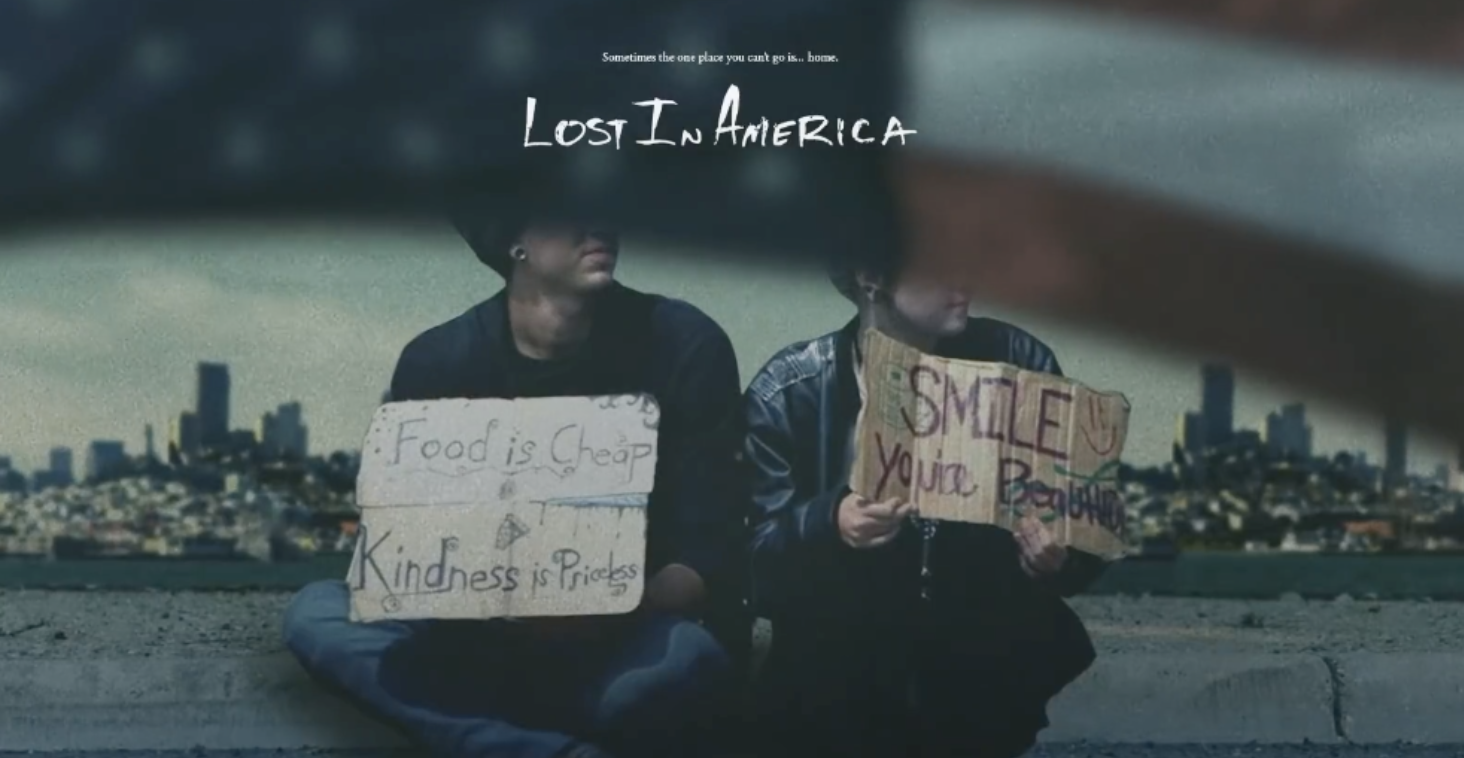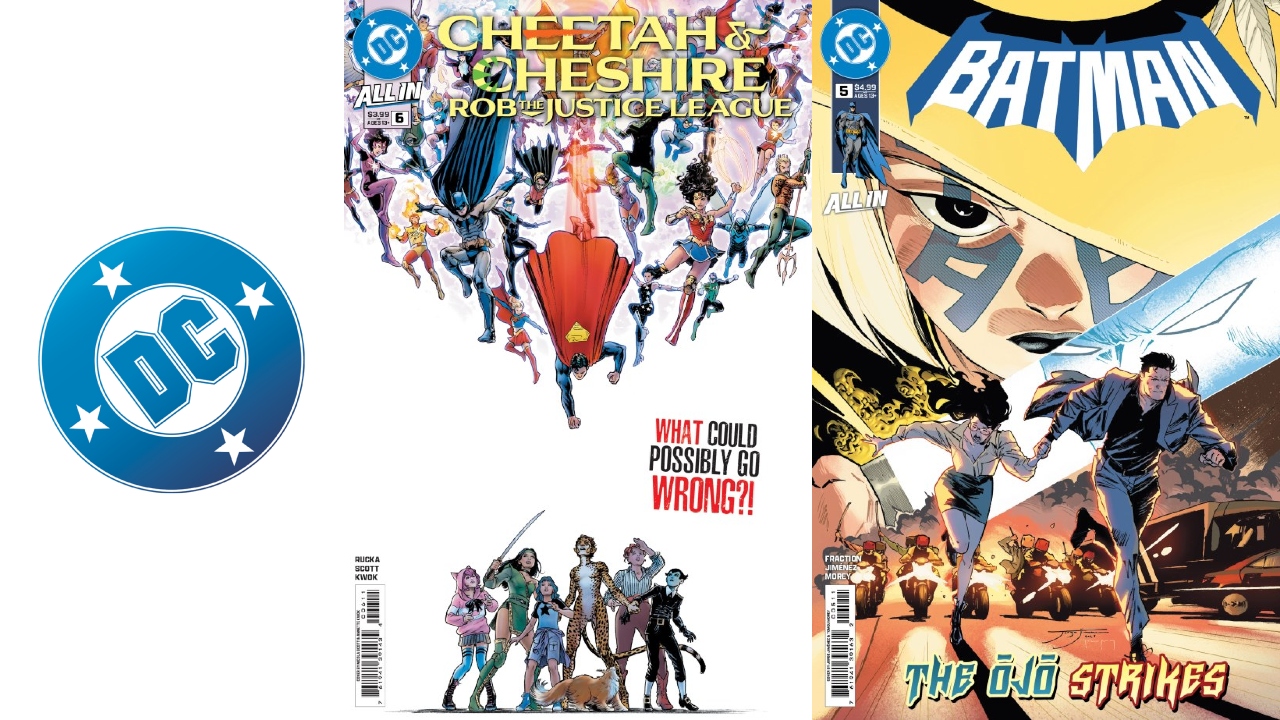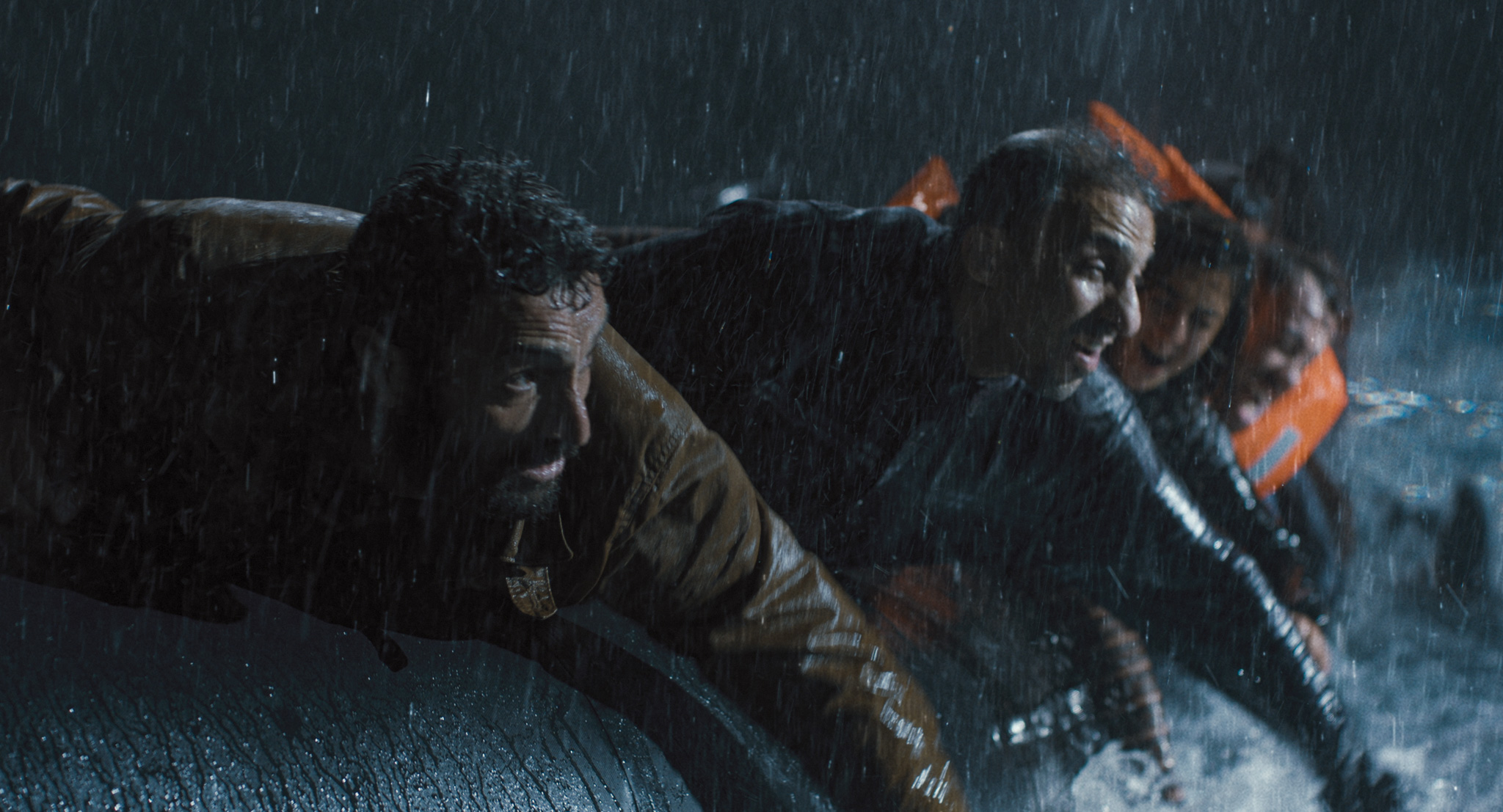
While it may not be a huge issue for the everyday, middle-class American, the reality is that homelessness continues to be a big issue in our country. As it turns out over 5,000 youth die on the street every single year, which breaks down to over 13 deaths a day.
In director Rotimi Rainwater’s new documentary, Lost in America, they will highlight this problem for many of us who simply don’t know about or understand the issue. One high-profile person who’s involved as executive producer is Rosario Dawson, who also appears in the doc.
I had a chance to speak with Dawson in-person to discuss the importance of this documentary, the issue of youth homelessness, and how important it is to bring to light.
Lost in America hits the Laemelle Noho 7 theater at 5240 Lankershim Blvd in North Hollywood, CA on February 28th. More cities to follow!
Nancy Tapia: It’s nice to see you.
Rosario Dawson: It’s nice to see you, too.
Nancy Tapia: You’re a super supportive activist. I got the chance to see your digital series The North Pole.
Rosario Dawson: Oh yeah! That was great, right?
Nancy Tapia: Yes, that was great. So, back to Lost in America.
Rosario Dawson: Yeah.
Nancy Tapia: So how did you get involved?
Rosario Dawson: [Director Rotimi Rainwater] and my mom met, and we all just talked. And it’s been a couple of years, our friend Danielle has been working with him, as well, on this film. And he’s been working on this for six years. So this is, it’s maybe two, three years that we’ve been talking and trying to figure out how to help him to get it out. And it’s been really interesting because as we’ve been waiting more and more information has been developing. Like, they actually finally did do the number, which is being asked, how many kids even are on the street? But that’s not been known until just recently. It’s crazy that they haven’t even spent the resources to understand how big this issue is. So, it’s actually been perfect, because now it’s coming out, and a bunch of new information has come in, as well, so I think it’s going to be that much more helpful for people to digest where we are right now with this issue. And I just thought it was really powerful that he got so many people on board to communicate their own personal experiences, because he was homeless, himself.
Nancy Tapia: I just interviewed him and as he was sharing his own story I couldn’t help it, my eyes were watering like, “Wow, he’s come a long way.”
Rosario Dawson: Yeah. And Tiffany Haddish… Jewel did a song for this. She was homeless, and sharing what that experience was like for her. You know, Tiffany Haddish talks about it, and I think that’s really important, because there are all these myths around, “Oh, these people are just doing it because they want to.” And it’s like, no, every single one of them would like an option or a choice. This is… You don’t grow up going, “I want to have to fend for myself every single night and day, and not know, have any kind of security or real sense of safety.” No. That’s not true. No sense of community, or network, or resources.
And I think it’s really powerful, because it talks about this from so many different spaces, including the foster care system, and how many kids age out and then end up homeless because the foster care system is so broken as to not really create communities, so that when these kids get older, they don’t have anybody.
People use it as a business, and just the trauma that these kids are going through at the same time. And not being addressed, so there are a lot of mental health problems, and then drug addiction becomes… and then you have other kind of destructive behaviors that then, are validations for people to go, “See, that’s why you can’t do anything about it.” But when you start to see that there’s more animal shelters than there are human shelters, you’re like, “This is baffling, this is an issue that can be resolved. It just needs attention.”
There’s a hospital I was just reading about recently, that just created housing for their emergency patients, because there’s so many homeless people that are nearby them that just end up costing, because they have to treat them once they come in. And they were talking about one patient went from like $15,000, $18,000 a month, because they had critical issues. They had MS, they had all of these different things that needed real treatment, but they were homeless, and they didn’t have any community, and they didn’t have a work opportunity, so they were just out on the street. But when they would get too bad, they’d go into emergency services and it was costing the system $18,000 a month just for that one person. And by doing housing, and they brought that person’s payments down to a little over two grand.
Nancy Tapia: Wow, that’s expensive.
Rosario Dawson: Having access to sleep. You know? You just think about the anxiety, and the stress, and the sleep, and all of those different things, all of those things corrupt a person’s ability to be able to climb out of a situation that they’re in.
And the fact that we don’t make it easier for people, when we make it so easy for them to fail. And you see a lot of veterans who are coming back, homeless, that’s just criminal. It’s literally the home of the brave, and they have no home when they come back, after their bravery. It doesn’t make any sense. So I’m just so grateful to be a part of this, because I mean, you see older homeless people, and you go, “What’s wrong with them?” It’s like, a lot of them started out in the streets when they were younger, and never knew anything different. So, it’s just powerful to see that we can start addressing this in a meaningful way, that we need to get it into people’s hearts and minds. You need day hear the stories of folks that they’re not maybe willing to talk to on their own. But by promoting a film like this, and that’s why I was so interested with what Rotimi was doing, because I’ve worked with different organizations that address homelessness in different ways, and just talking on stage, but this is a different thing. This gives access points to other people who might not have considered an issue for themselves.

Nancy Tapia: So what do you hope people will take away from watching this documentary? I know this documenaty will open all sorts of discussions. How can these people take initiative to help make the change?
Rosario Dawson: Push back and demand on a lot of levels. That there be shelters for kids, and homeless people in general, especially our homeless youth, that they’re not restricting people who are LGBTQIA, who are not having means for people with mental health issues, or HIV/AIDS or with drug addiction, or who are pregnant. There’s so many different places, they only have but so many beds, but really trying to support the organizations they have, so they can grow, and they can meet the demands of the people that they’re trying to, as community organizers, deal with, lovingly, and with humanity. Just letting them build up, shantytowns, and having to be moved around all the time, is not helpful. They need resources to address a lot of the issues that they’re experiencing. So, I hope that there’s going to be more and more bills that come forward, and right now, they go by without people paying any attention to them, because they’re not thinking of it as an issue.
So, I’m hoping that the activists get supported, that these organizations get supported, that the people on the streets get supported. But also, that these different politicians who are pushing across material things that can make an impact. One of the girls who is featured in this, was in foster care, and now she’s living and working in D.C. She just got an award from Children’s Rights Organization for her work on her family act. And she’s trying to change the system, and make it so that there’s… because there’s resources. There’s money that’s available, but people… the dots need to be connected. And that’s only going to happen when people are passionate and committed about this. And that’s what we’re trying to strum up, as much as possible.
Nancy Tapia: Now, you know a gentleman under the name of Cory Booker. [Smiles]
Rosario Dawson: Yes. [Smiles]
Nancy Tapia: Do you know if he has a plan or solution for ending homelessness?
Rosario Dawson: I don’t know his specifics on it. Actually, I should ask him very specifically. We were talking about this, just in general, because he did a whole Sleep Out, and he did a fast, and he’s really, as the Mayor of New York, did a lot around addressing this issue, and working on housing and housing security stuff, but that’s… Living in the projects for a few years was really enlightening for him, and recognizing housing security, and how all of that’s dependent on healthcare, and education, and all of those things. Having access to clean parks. And that, was one of the things that he did quite a lot of when he was Mayor. I know there’s parks and things that he was like, “We can do this, but you have to have a open,”… I know his way of dealing with it is working with governments, but also working with private care, and businesses, and corporations, and just bringing everything together so that the problem could be addressed.
And I’ve seen that, with The Boys and Girls Club, raising funds for it privately, and through the government, making housing as a part of the programming. For so many different ways to try to create housing, and support of other organizations, or businesses, and stuff, so I know those are the things he’s done. I was mostly asking him, “How did he get through the night, and some tips on that but-
Nancy Tapia: For tonight?
Rosario Dawson: Yeah. Because he’s done this before. I was trying to get him to come tonight. He might be able to stop by, but he’s on his way to San Diego.
Nancy Tapia: Oh, okay.
Rosario Dawson: So, he’s kind of in the middle of this Presidential thing.
Nancy Tapia: Yeah. Well, thank you for answering that question. I mean, not trying to be personal.
Rosario Dawson: Oh, that’s okay. [Smiles]
Nancy Tapia: Is there anything you can share of what you’re maybe working on for other projects?
Rosario Dawson: I just finished this show called Briarpatch that comes out on USA in January. I think Zombieland might still be in the theaters.
Nancy Tapia: Yes. I had a chance to check it out. That was fun! [Laughs]
Rosario Dawson: Isn’t that fun? That was a fun one. [Laughs]
Nancy Tapia: Yeah, changing it up between entertainment and supporting activist causes.
Rosario Dawson: Yeah, yeah. Change it up. I did some different things. Yeah, I was looking at, Tallahassee is one of the States that are participating with some other organizations, so it’s kind of cool to see this is a nationwide effort, because it’s a nationwide problem. And it’s one that we see quite loaded, and it has gotten that much more extreme, in even just these past few months, here in major meccas like Los Angeles.
But this is going on in… I was working in New Mexico. We were in Atlanta. It’s across the States. And so, I think that there’s a lot of common ground for us to find with each other, to come together and make an impact on this issue. I look at people like Ashton Kutcher, who’s worked on stuff about trafficking, because all of this is related.
Nancy Tapia: Yeah.
Rosario Dawson: And so, missing kids, and just so much different stuff. We need to start pooling our resources better, and being more organized with each other, so that we can properly address this issue.
Nancy Tapia: That’s great. Well, thank you so much for your time.
Rosario Dawson: Absolutely.
Lost in America hits the Laemelle Noho 7 theater at 5240 Lankershim Blvd in North Hollywood, CA on February 28th. More cities to follow!
Don’t forget to share this post on your Facebook wall and with your Twitter followers! Just hit the buttons on the top of this page.
—–
Have you checked out LRM Online’s official podcast feed yet The LRM Online Podcast Network, which includes our flagship podcast Los Fanboys, our premiere podcast Breaking Geek Radio: The Podcast, and our morning show LRMornings? Check it out by listening below. It’s also available on all your favorite podcast apps!
Subscribe on: Apple Podcasts | Spotify | SoundCloud | Stitcher | Google Play
 FOR FANBOYS, BY FANBOYS
Have you checked out LRM Online’s official podcasts and videos on The Genreverse Podcast Network? Available on YouTube and all your favorite podcast apps, This multimedia empire includes The Daily CoG, Breaking Geek Radio: The Podcast, GeekScholars Movie News, Anime-Versal Review Podcast, and our Star Wars dedicated podcast The Cantina. Check it out by listening on all your favorite podcast apps, or watching on YouTube!
Subscribe on: Apple Podcasts | Spotify | SoundCloud | Stitcher | Google Play
FOR FANBOYS, BY FANBOYS
Have you checked out LRM Online’s official podcasts and videos on The Genreverse Podcast Network? Available on YouTube and all your favorite podcast apps, This multimedia empire includes The Daily CoG, Breaking Geek Radio: The Podcast, GeekScholars Movie News, Anime-Versal Review Podcast, and our Star Wars dedicated podcast The Cantina. Check it out by listening on all your favorite podcast apps, or watching on YouTube!
Subscribe on: Apple Podcasts | Spotify | SoundCloud | Stitcher | Google Play



